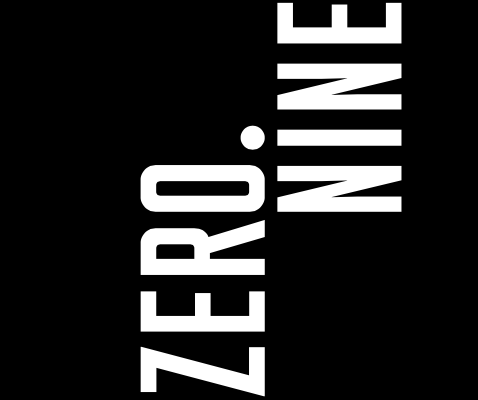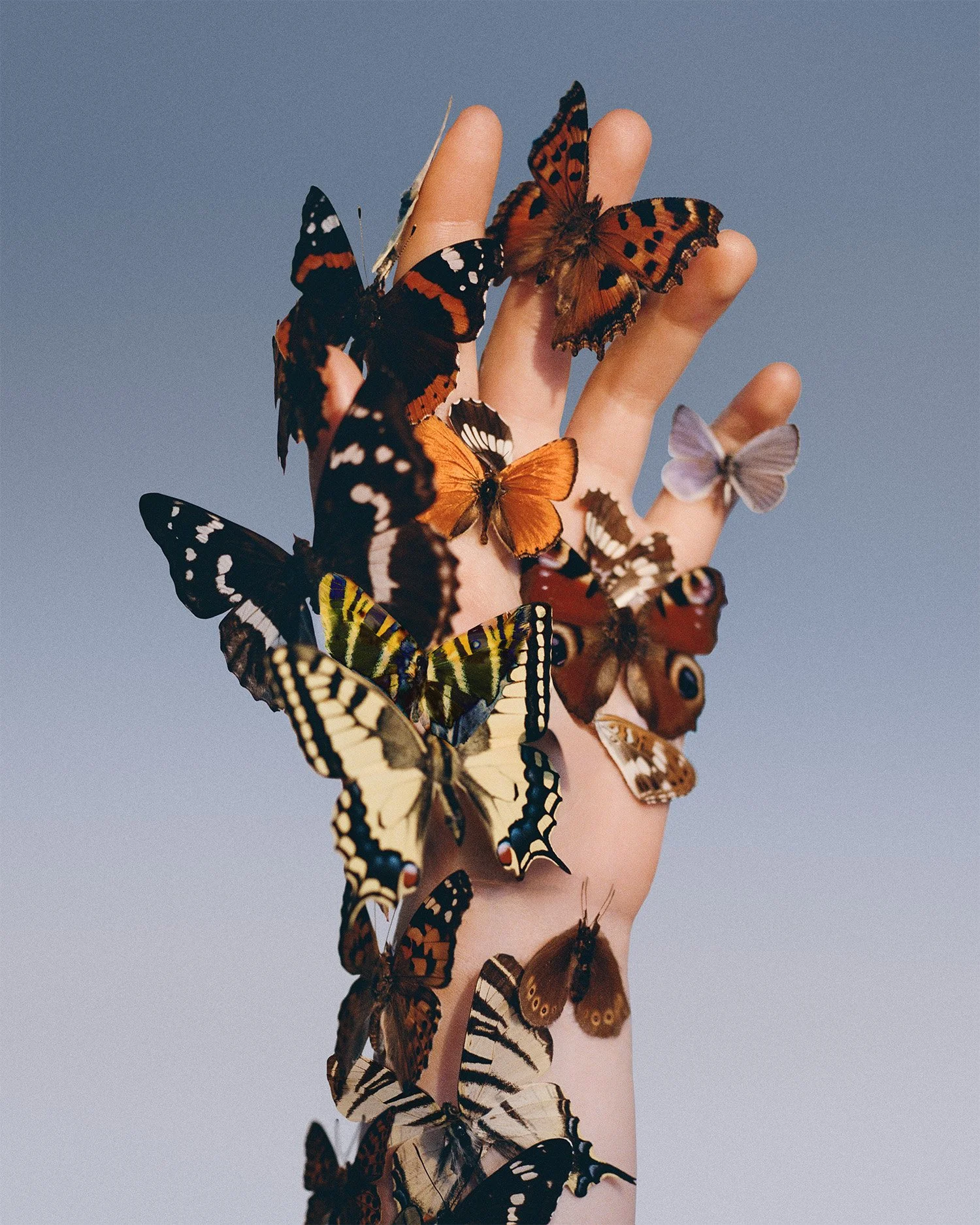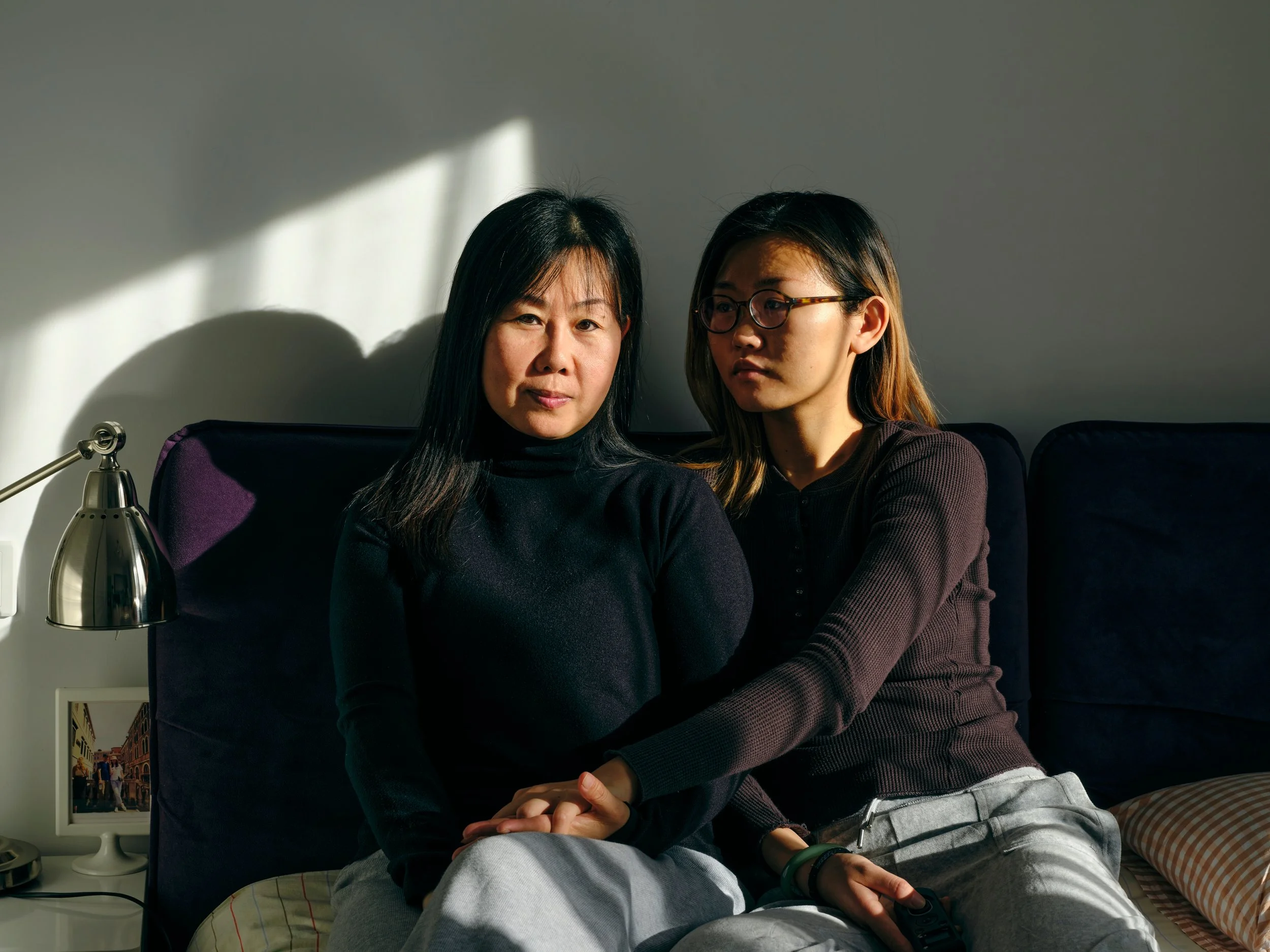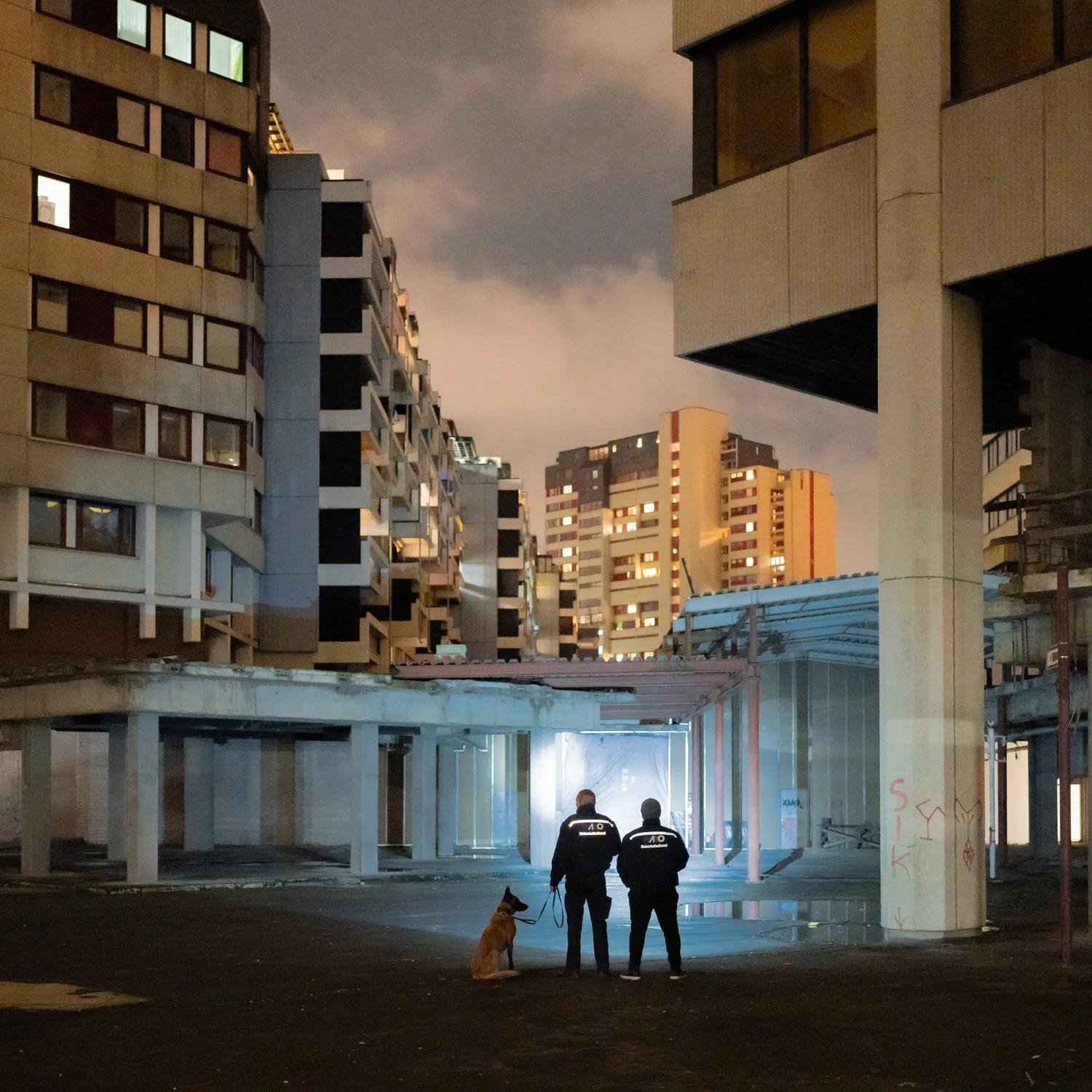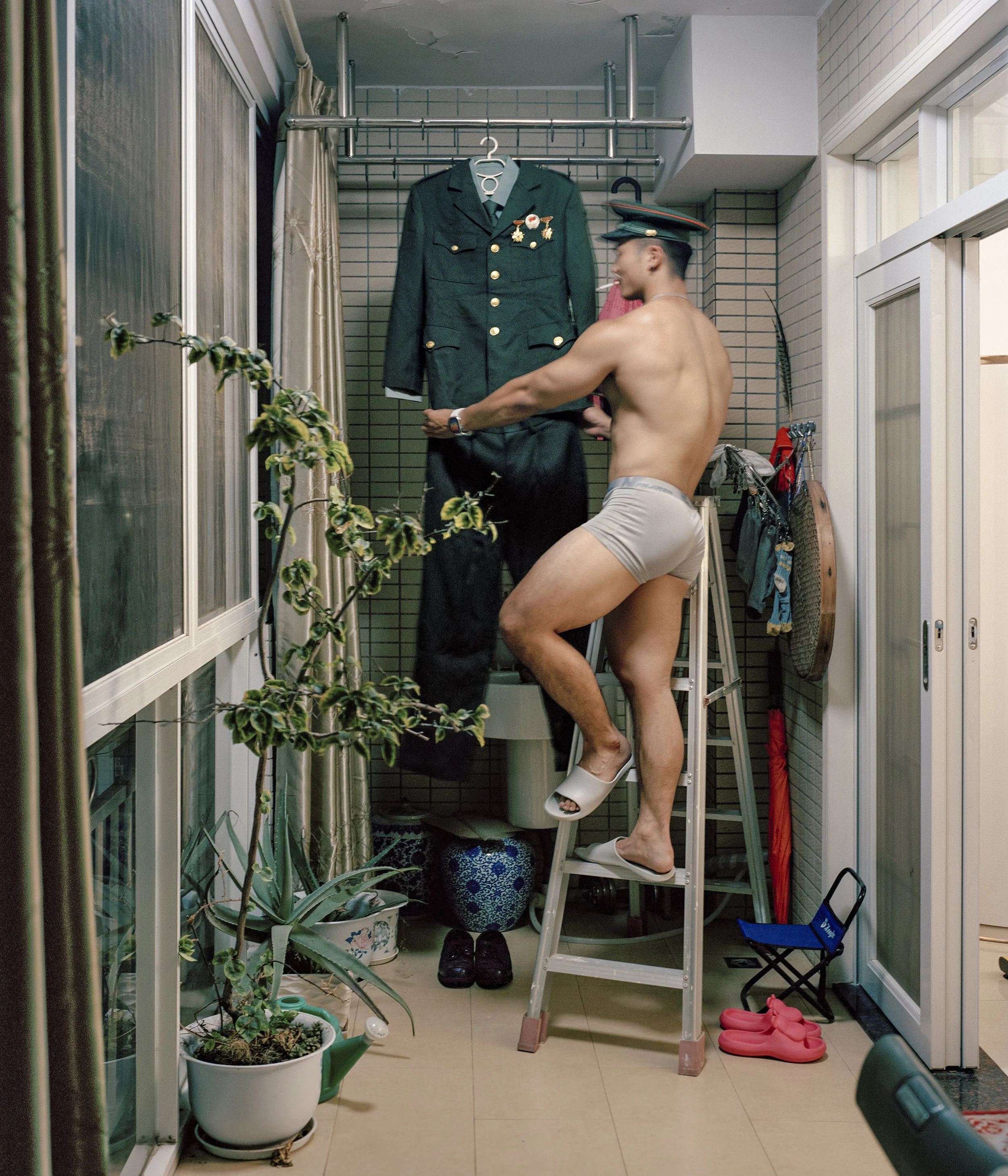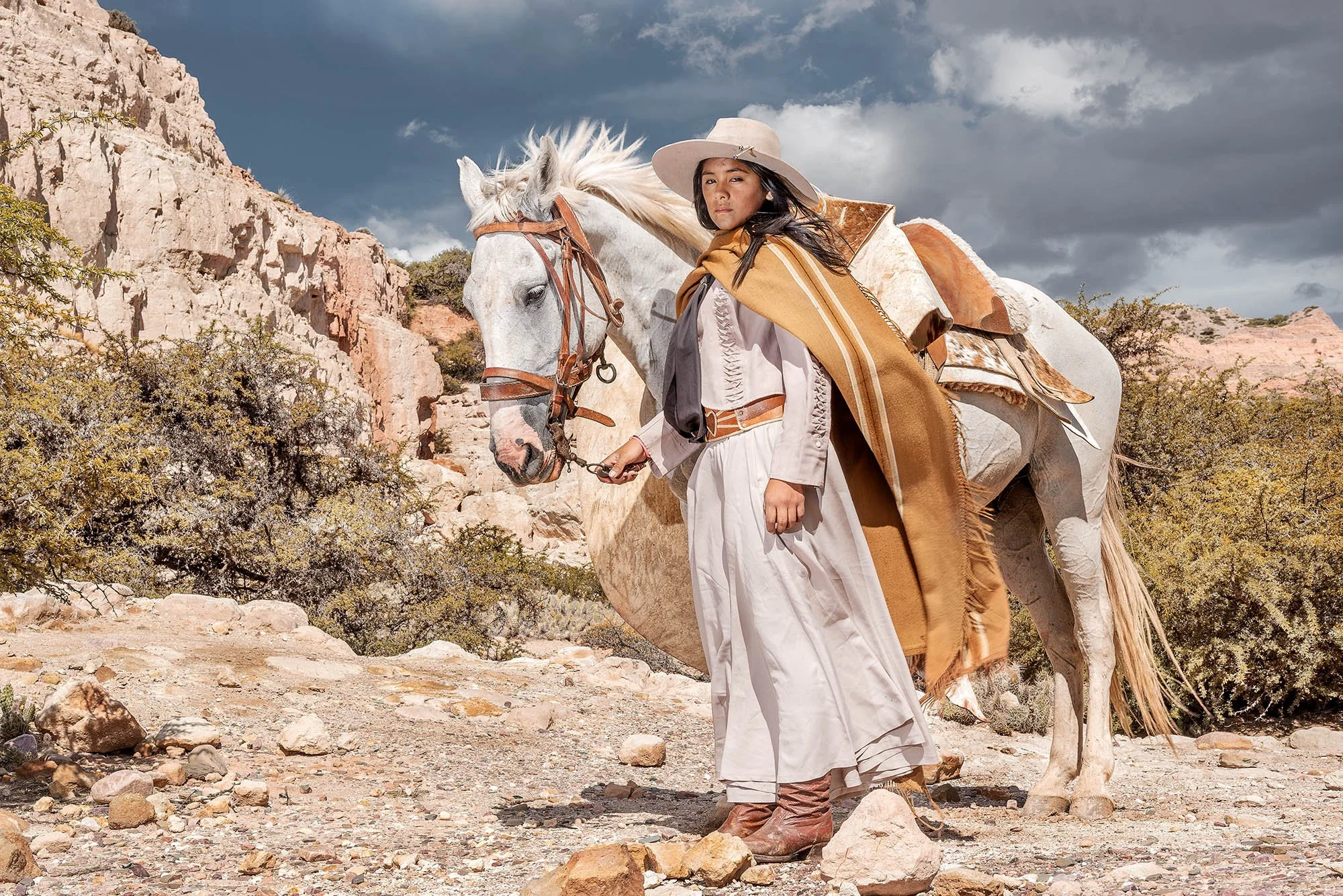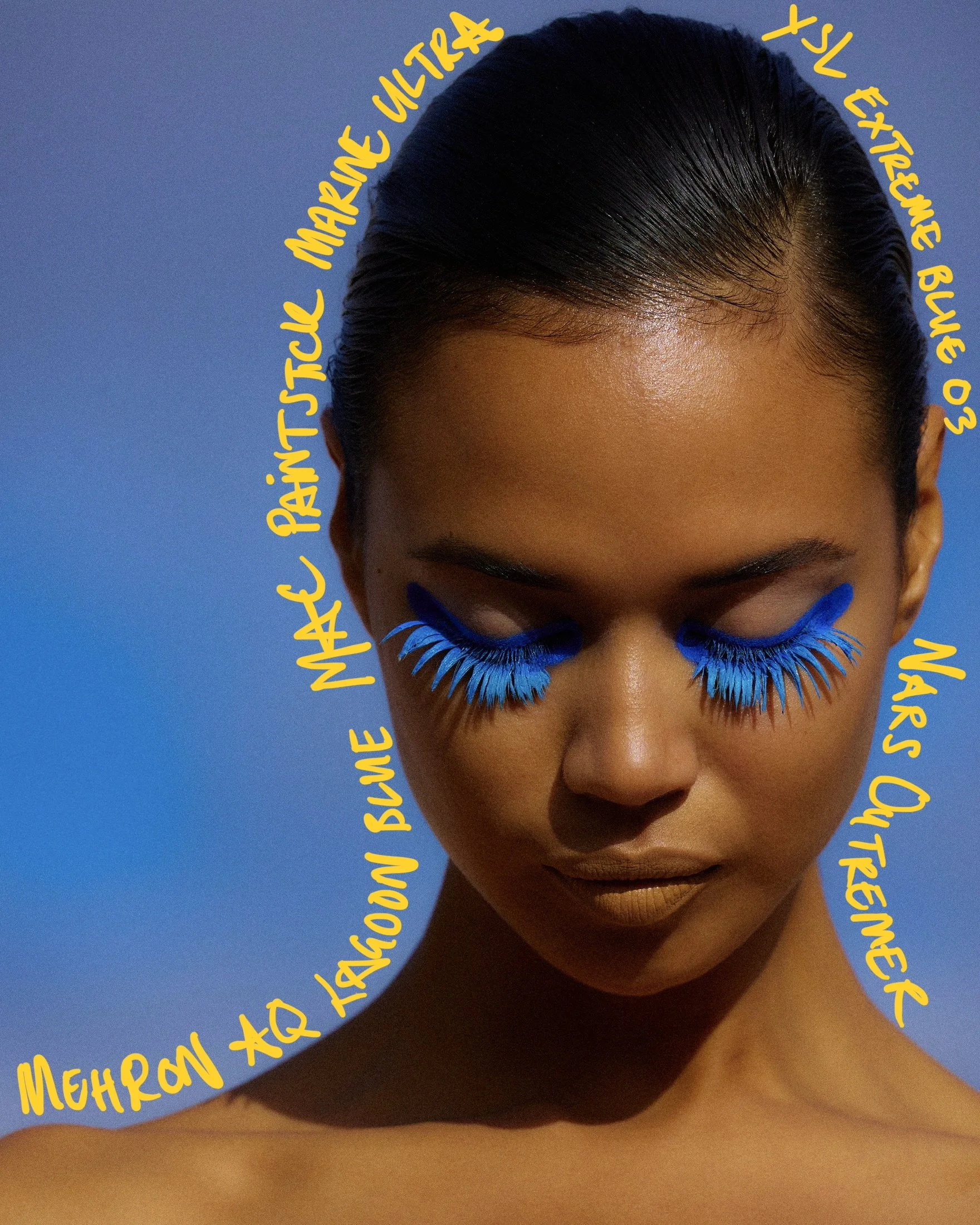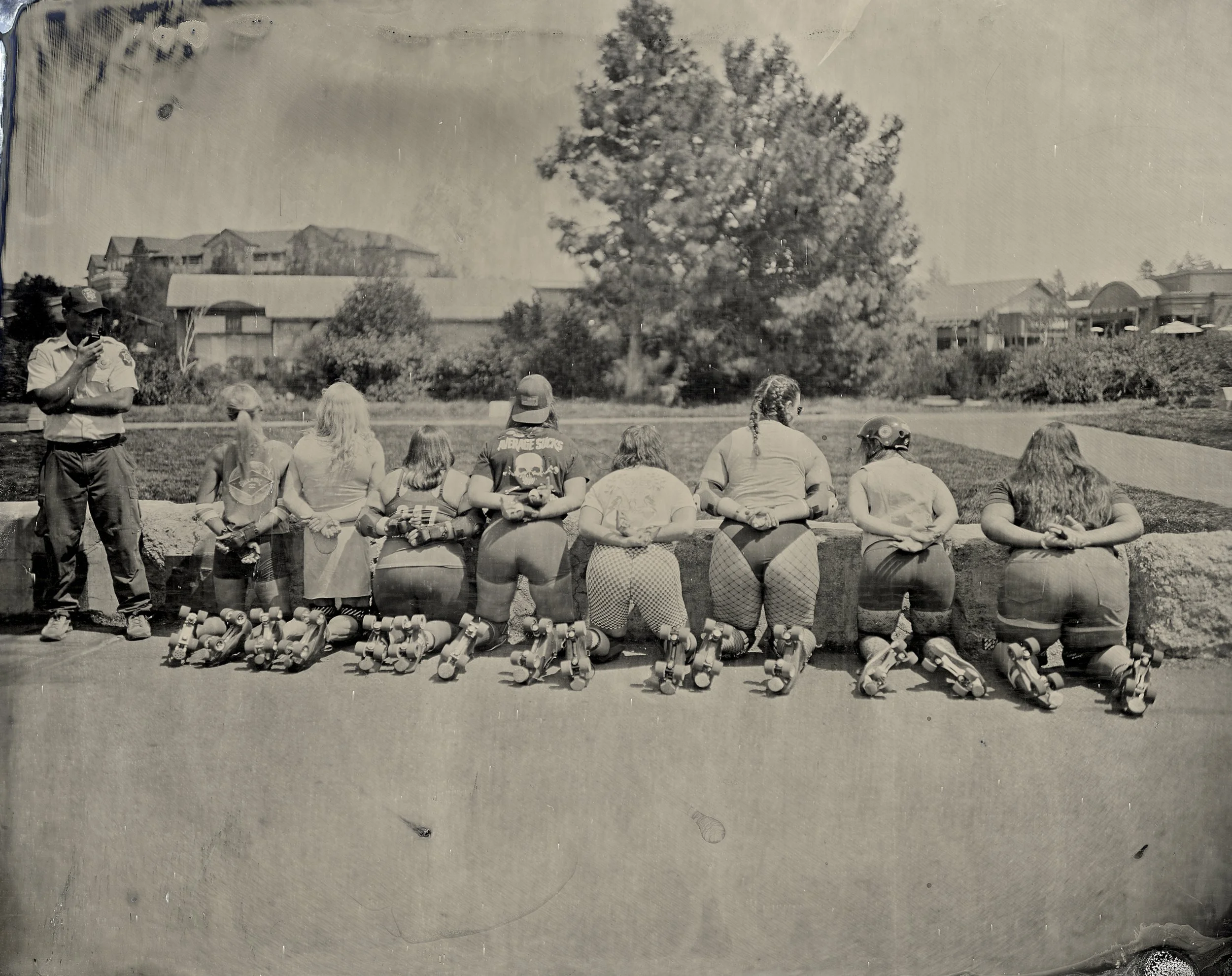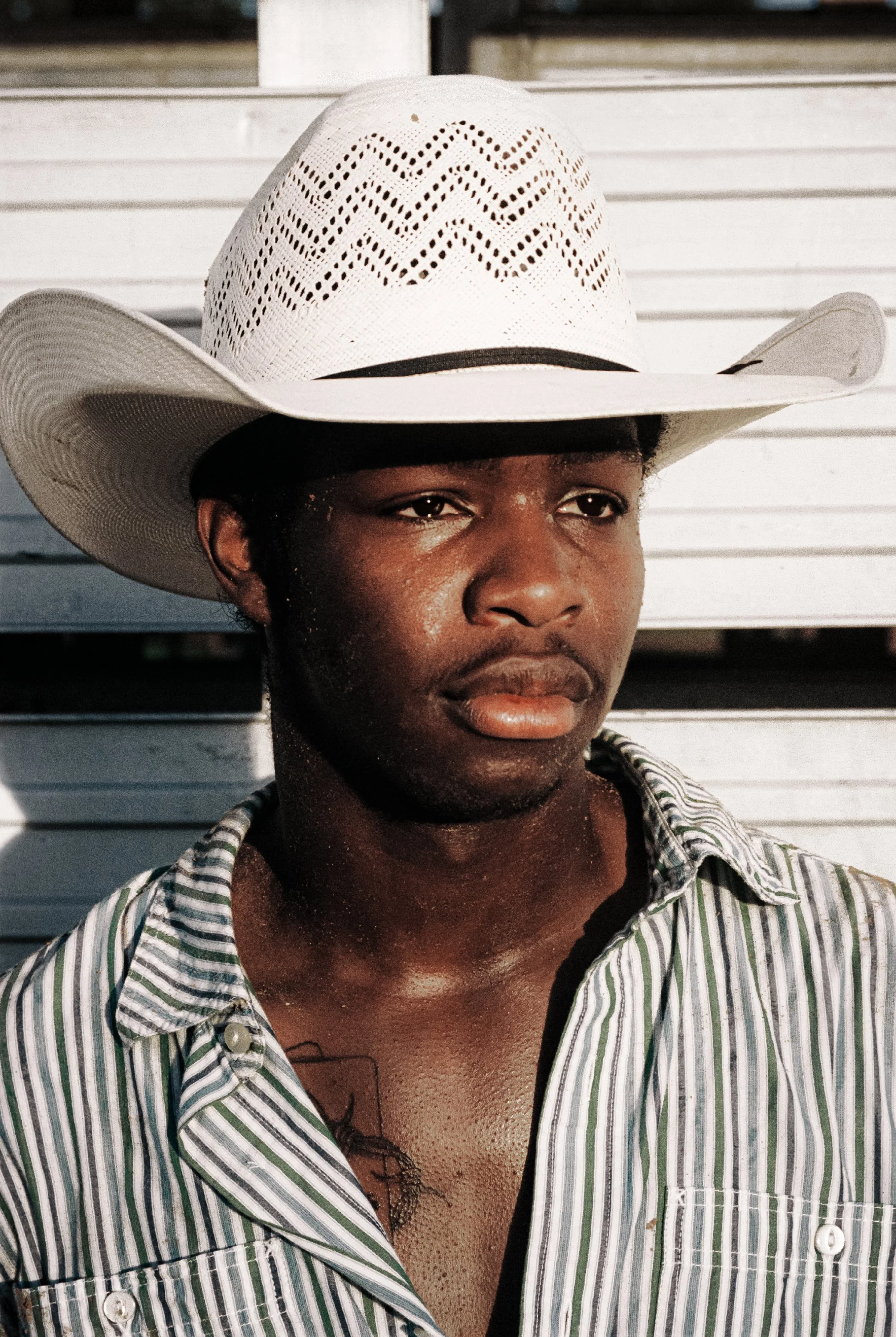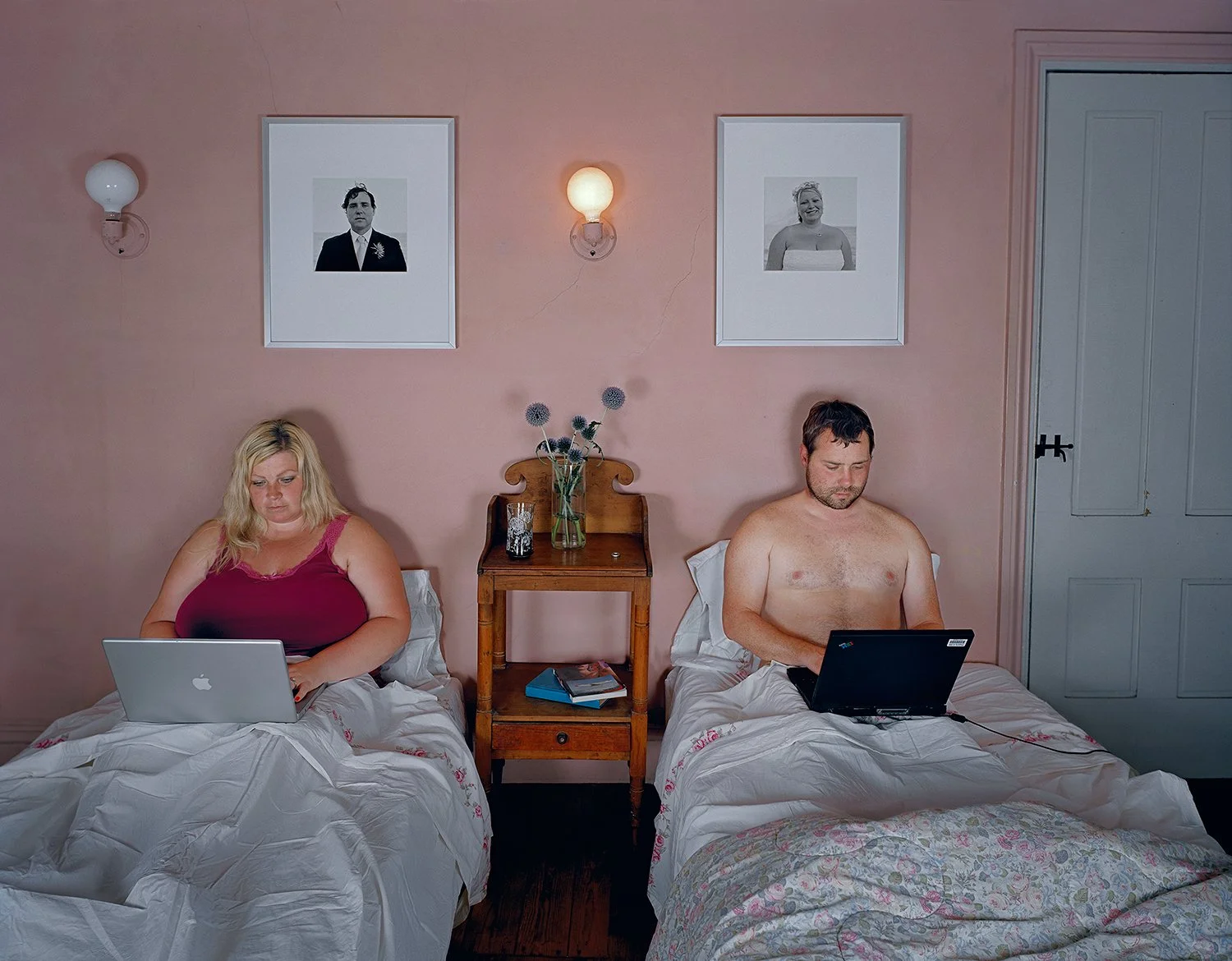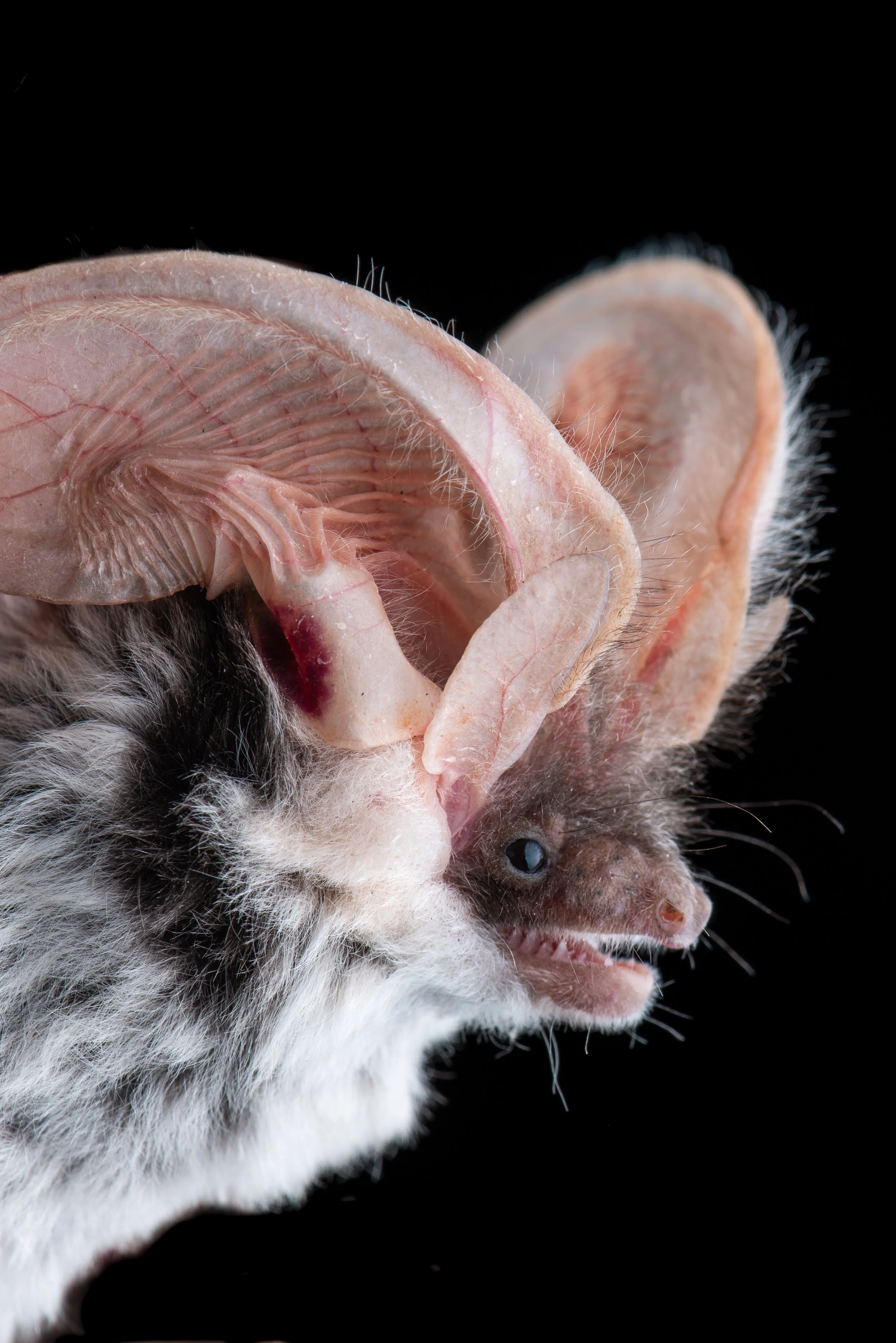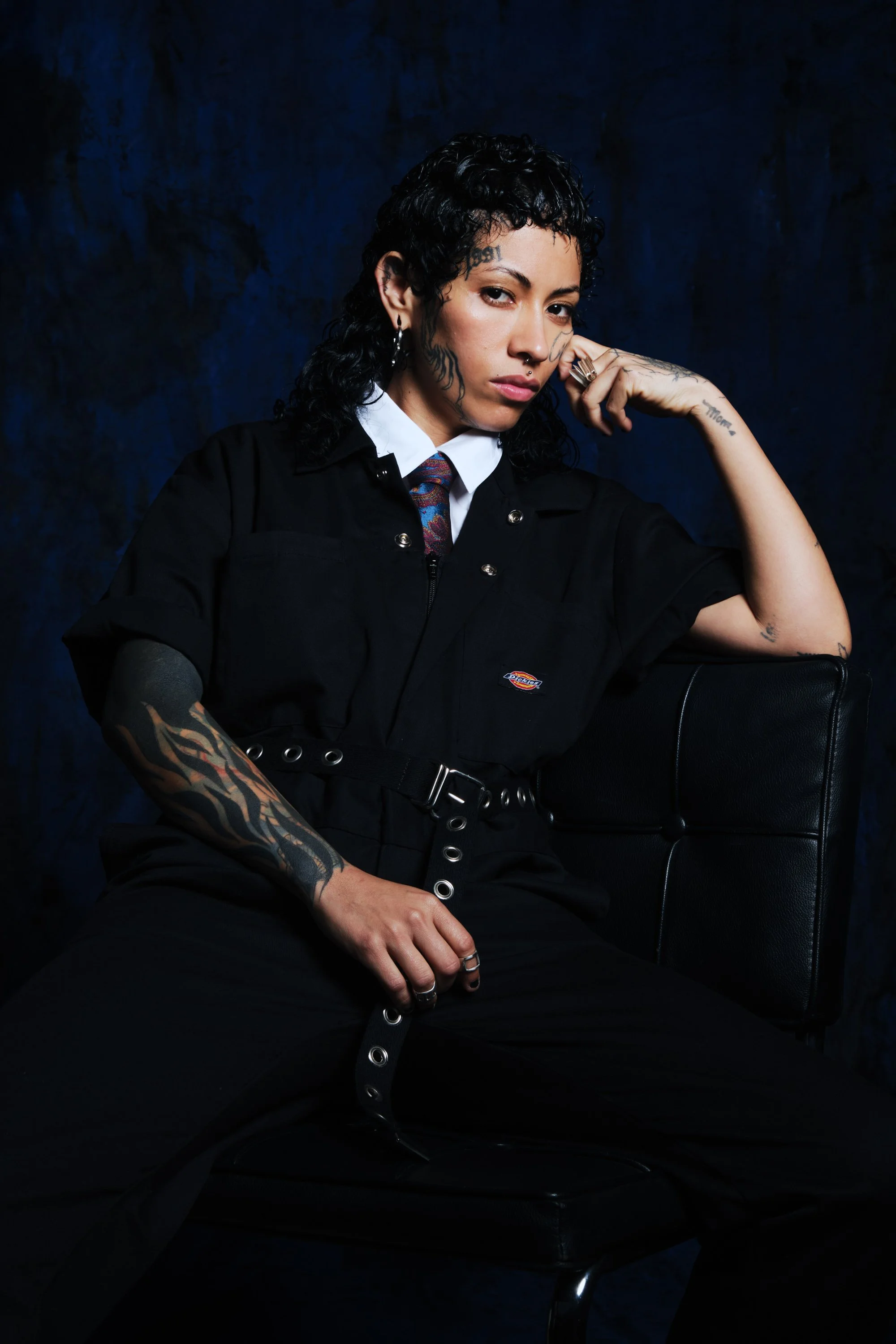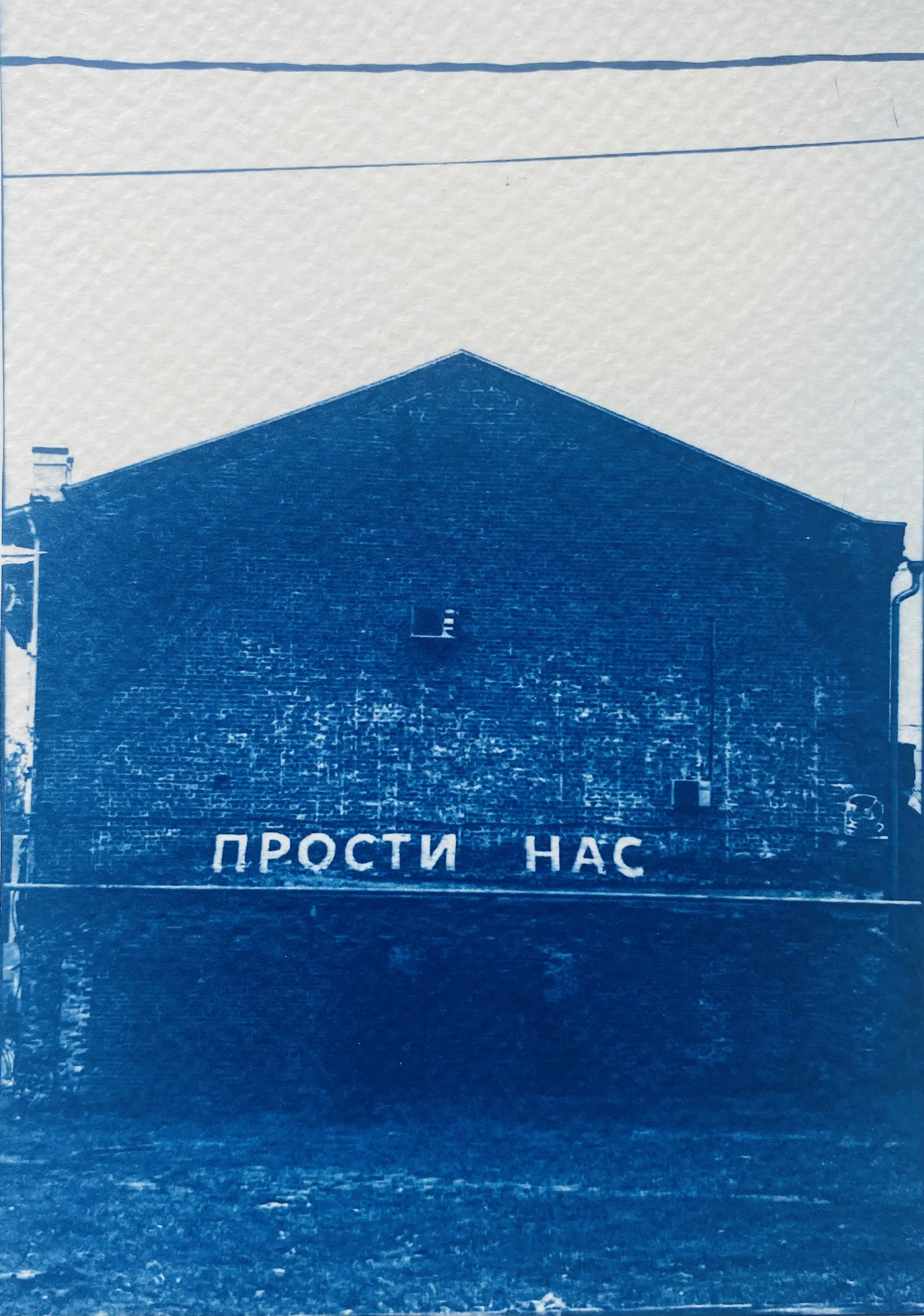Menos Pausa
Photographer Ana Leal explores the physical and psychological landscape that women’s bodies are exposed to during menopause. She uses photographic techniques to create a visual essay proposing metaphors of fertility, ageing and physical decline.
Text and Photography Ana LealWith the “Menos Pausa” project, I seek to cast recognition upon my body, which has been inhabited by menopause for the past 4 years. It is a natural transformational process, with physical and psychological ups and downs, but often laden with taboos resulting from a patriarchal perspective on the female body. A perspective that treats our bodies as a territory to be explored to fulfil specific functions, including reproductive. In this context, we observe the social devaluation of women going through menopause, and the adoption of misconceptions about it.
According to data released by the WHO (World Health Organization), by 2030, there will be 1 billion women going through menopause. The first signs of menopause can be perceived from the age of 40, in the called climacteric period, the months or years before actual menopause, which is the last menstrual cycle. The phase, between climacteric, perimenopause and post menopause, can last from 10 to 30 years. That is to say, 1/3 of a woman's life is lived within this process.
Since my perimenopause began, I have continued to reflect on the meaning of this new phase of my life. Researching the subject and interviewing other women I have been confronted with diverse experiences, and have been impressed by the fact that it is still a delicate topic in most cultures. So, how to go through this process by deconstructing this colonising perspective?
The concept of menopause originated from an article by the French researcher Gardanne, published in 1816, titled "Advice to Women Entering the Critical Age." From this, various other studies began to adopt a misconceived notion about menopause, categorising it as a disease. This concept was erroneously incorporated by women, associating it with physical decline and other signs of aging, which can cause significant distress and extend this mistaken perception to numerous family members and social circles. Additionally, the different discourses circulating about menopause in our culture not only contribute to maintaining this negative association but also assume that the issues related to menopause and aging are experienced equally by women, regardless of their physical, mental, social, economic, and cultural conditions.
In my essay, I compose frames that highlight the gaps seeking to emphasise sensations, bring textures that highlight the organic nature of things and allude to the skin, blurs and play of light and shadow to emphasise this search for understanding of a still unknown territory. I propose the contrast between clear and dark images, vibrant and subdued, in reference to the ups and downs of the process, I use closed planes in allusion to the nature of the project's intimate forum, and I propose metaphors using symbols of the passage of time and fertility. The images share a subjective point of view, a first-person gaze.
Besides the photographic essay, I also started developing other media such as prints, watercolours, and installations. My idea is to develop a comprehensive body of work that reflect upon the journey inside this new universe that we must naturally go through, despite all and any taboos still so present today.
About Ana
Coming from a patriarchal family in the Northeast of Brazil, Ana Leal began her path in the art world when she decided, almost at age 50, to dedicate herself fully to her old passion: photography. With a female gaze and perspective Leal focuses her research on psychological themes.
Born in Recife and based in São Paulo, Leal is an artist who works primarily in photography exploring themes of fragility, temporariness and impermanence.Inspired by impressionism and minimalism her images share an abstract aesthetic.
Leal is a Gold Award winner on 2020 TIFA and the 15th Julia Margaret Cameron Award Winner in the abstract category. She also received a Bronze Medal at the ND Awards 2021 and Honorable Mentions at the IPA 2021, Rotterdam Photo 2021, Prix de La Photographie Paris 2019 and The 15th Pollux Awards. She completed her MFA at the Miami International University of Arts and Design (2018) and the Professional Photography Course at the Pan-American School in São Paulo (2013). Her work is part of the collection of the Florida Museum of Photographic Arts – FMoPA. She works also as content editor for South America at Lenscratch.
To see more of her work, visit her website or follow her on Instagram
